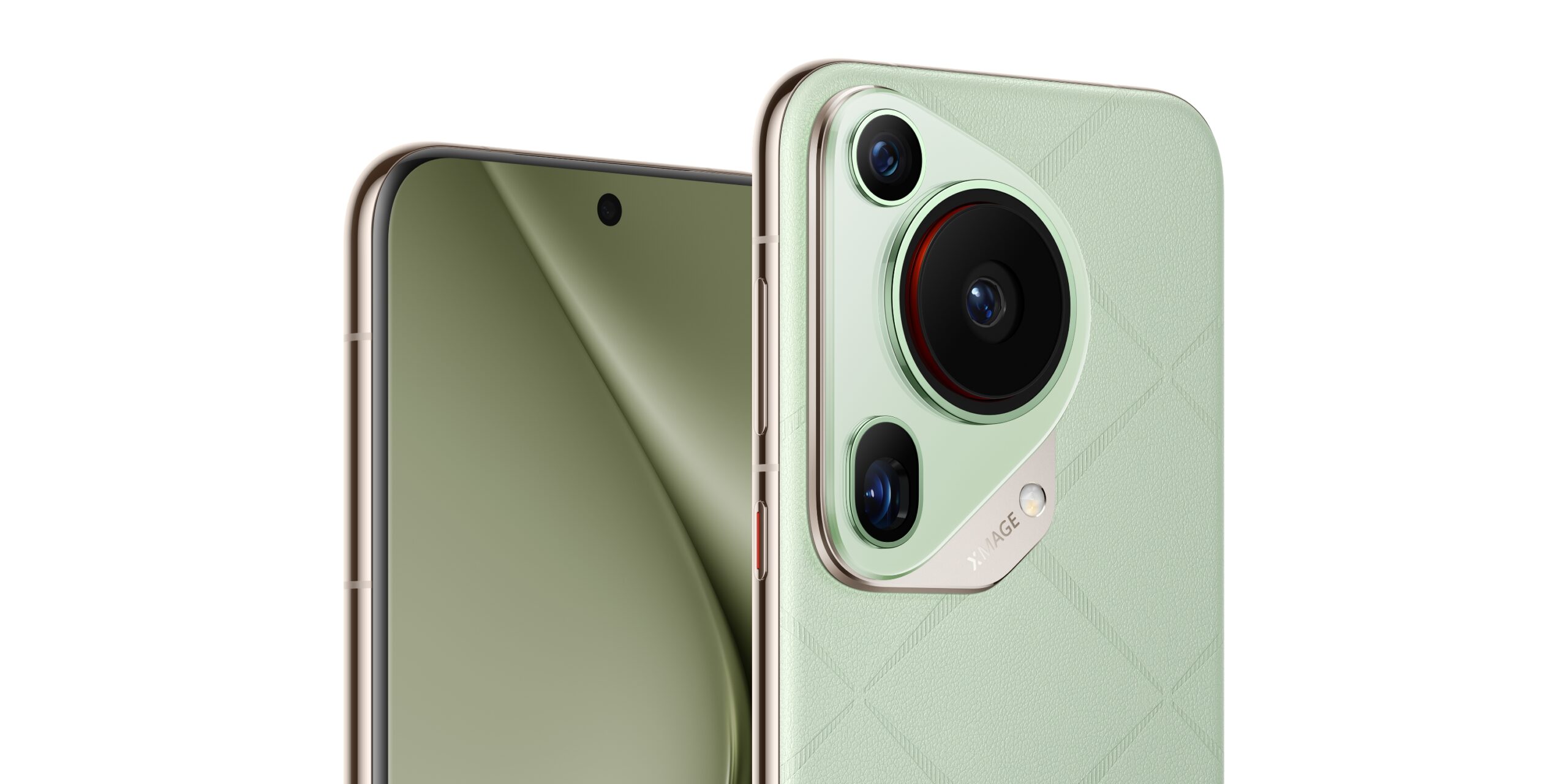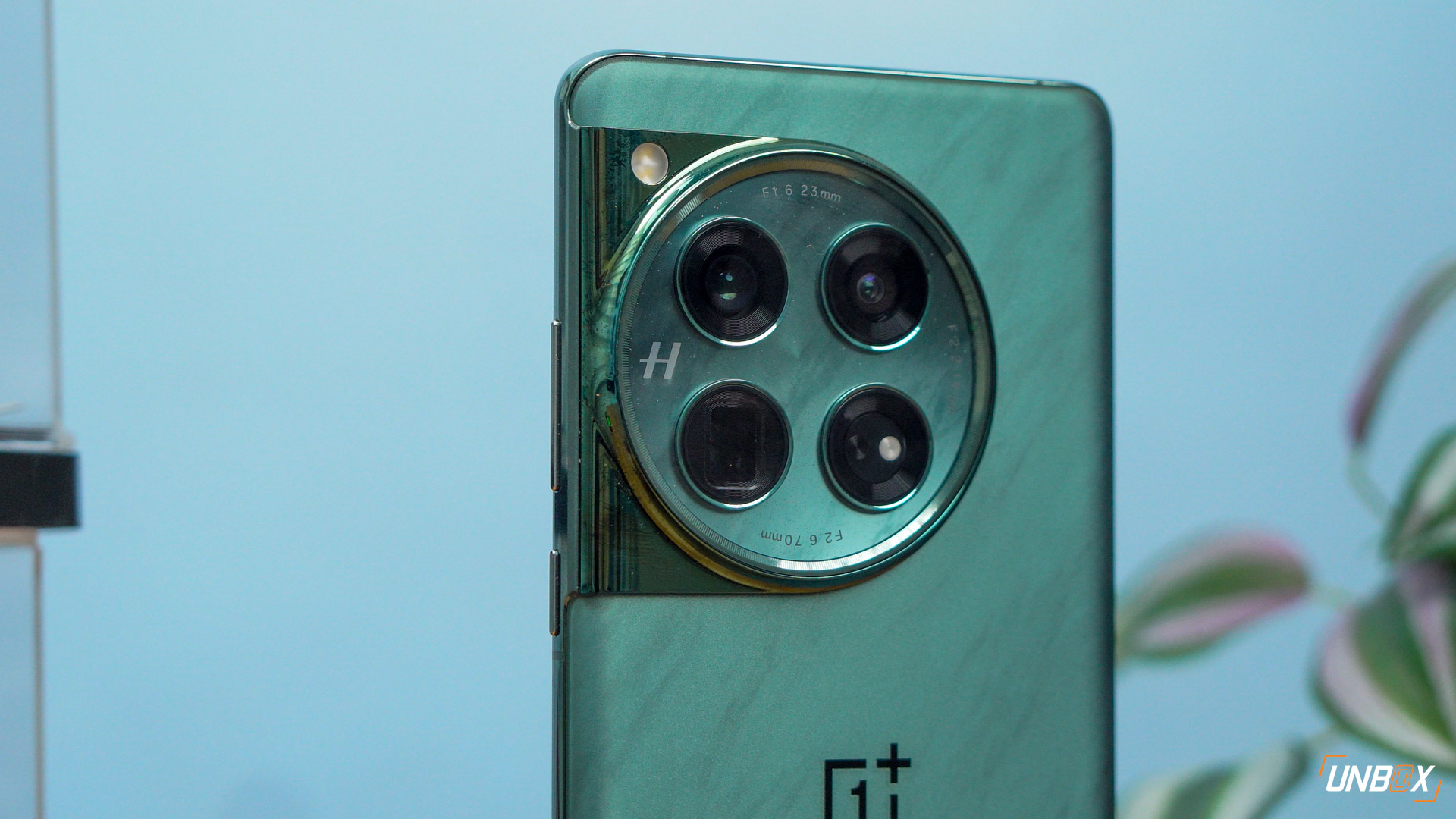So which is the better Xiaomi budget flagship?
So you’ve seen our Pocophone F1 review and already want to buy it. But you’re curious to see how it stands up to Xiaomi’s own budget flagship, the Mi 8. The Mi 8 is a few thousand pesos more compared to the F1, but has a few extra features that you might be interested in.
 Pocophone F1 specs
Pocophone F1 specs
- AI-Powered Qualcomm Snapdragon 845 octa-core processor
- Adreno 630 GPU
- 6GB LPDDR4X RAM
- 6.18-inch Full HD+ IPS LCD display with 2.5D Gorilla Glass
- 64GB/128GB of UFS 2.1 storage, expandable up to 256GB via MicroSD
- 12-megapixel f/1.8 Sony IMX363 and 5-megapixel Samsung rear cameras with 1.4um pixels, Dual Pixel Autofocus, dual-tone flash, AI scene detection and AI portrait
- 20-megapixel f/2.0 front camera with 1.8um pixels, AI Portrait, AI Beauty
- Dual SIM, with 4G LTE, LTE-A, Dual VoLTE
- Dual Frequency GPS, GLONASS
- WiFi, Bluetooth 5.0, NFC
- Fingerprint scanner, USB Type-C port, LiquidCool system, IR face unlock, Dirac HD stereo audio, Dual Smart PA amplifier
- 4000mAh battery with QuickCharge 3.0
- Android Oreo with MIUI for POCO overlay
Related: F1 Review: The Undisputed King Of Value
 Xiaomi Mi 8 specs
Xiaomi Mi 8 specs
- AI-Powered Qualcomm Snapdragon 845 octa-core processor
- Adreno 630 GPU
- 6GB RAM
- 6.21-inch Full HD+ Super AMOLED display, 18:7.9 aspect ratio, support for DCI-P3, 60000:1 Contrast Ratio
- 64GB/128GB of non-expandable storage
- Dual 12-megapixel rear cameras (main camera with f/1.8 aperture, telephoto camera with f/2.4 aperture) with 1.4um pixels, 4-axis OIS, 2X optical zoom, Dual Pixel Autofocus, dual-tone flash, AI scene detection and AI portrait
- 20-megapixel f/2.0 front camera with 1.8um pixels, AI Portrait, AI Beauty
- Dual SIM, with 4G LTE, LTE-A
- Dual Frequency GPS, GLONASS
- WiFi, Bluetooth 5.0, NFC
- Fingerprint scanner, USB Type-C port, Infrared Face Unlock
- 3400mAh battery with QuickCharge 4.0
- Android Oreo with MIUI 10
Related: Xiaomi Mi 8 Review: Xiaomi’s Definitive Flagship This Year
 Internals
Internals
There’s nothing really to argue here, as both have solid flagship specs: Snapdragon 845, 6GB RAM, and either 64GB or 128GB of storage. The Pocophone F1 has a slight advantage since you can expand the internal storage via a MicroSD card, along with a LiquidCool cooling system to keep temperatures at bay.
 Build
Build
If you want a gorgeous phone, the Mi 8’s glass back definitely wins over the Pocophone F1’s polycarbonate unibody. While we dislike how the F1’s build feels generic and cheap-ish, it’s justifiable since Pocophone had to strip out unnecessary features to keep its insanely low price.
 User Interface
User Interface
Both phones come with Android 8.1, along with MIUI. However, the F1 has a custom MIUI for Poco overlay that is close to Google’s stock Android interface. In this aspect, it really boils down to preference, as both overlays are intuitive and easy to use.
 Display
Display
While both sport Full HD+ displays, the Mi 8 has a bigger display to boot. When it comes to color reproduction, the Mi 8’s AMOLED display gets the job done better than the Pocophone’s IPS display. While both come with Gorilla Glass, the absence of an oleophobic coating in the Pocophone F1 makes it a smudge magnet.
 Cameras
Cameras
While they may have the same primary camera (specifically, a 12-megapixel f/1.8 Sony IMX 363 camera), they differ with the secondary camera: the Pocophone F1 has a 5-megapixel f/2.4 depth-sensing camera, while the Mi 8 has a 12-megapixel f/2.4 zoom camera.
In terms of camera performance, the Mi 8 performs better than the Pocophone F1. Check out our sample shots from both phones:
 Battery
Battery
The Pocophone F1 has a bigger battery compared to the Mi 8. When it comes to battery life, the difference is pretty small: 11 hours 51 minutes on the Pocophone F1, and 11 hours 16 minutes on the Mi 8. The bigger battery does play a factor, but both are power-efficient thanks to the Snapdragon 845 processor.
Another advantage of using Qualcomm’s top dog processor is that both support Quick charging—a must-need for those who need a quick top up on the go.
 Verdict: They cater to different markets
Verdict: They cater to different markets
In all honesty, you can’t go wrong with the Mi 8 and Pocophone F1. Priced at Php 25,990 and Php 17,990 respectively for the 6GB/64GB variants, both phones offer the best possible features for their price while catering to different audiences.
The Mi 8 is for those who want a gorgeous flagship phone with great cameras. The Pocophone F1, on the other hand, is made for avid gamers who need the bare essentials to keep them on top of their game.
Both are arguably the best phones for their price right now—it all boils down to what you really need in a smartphone.






